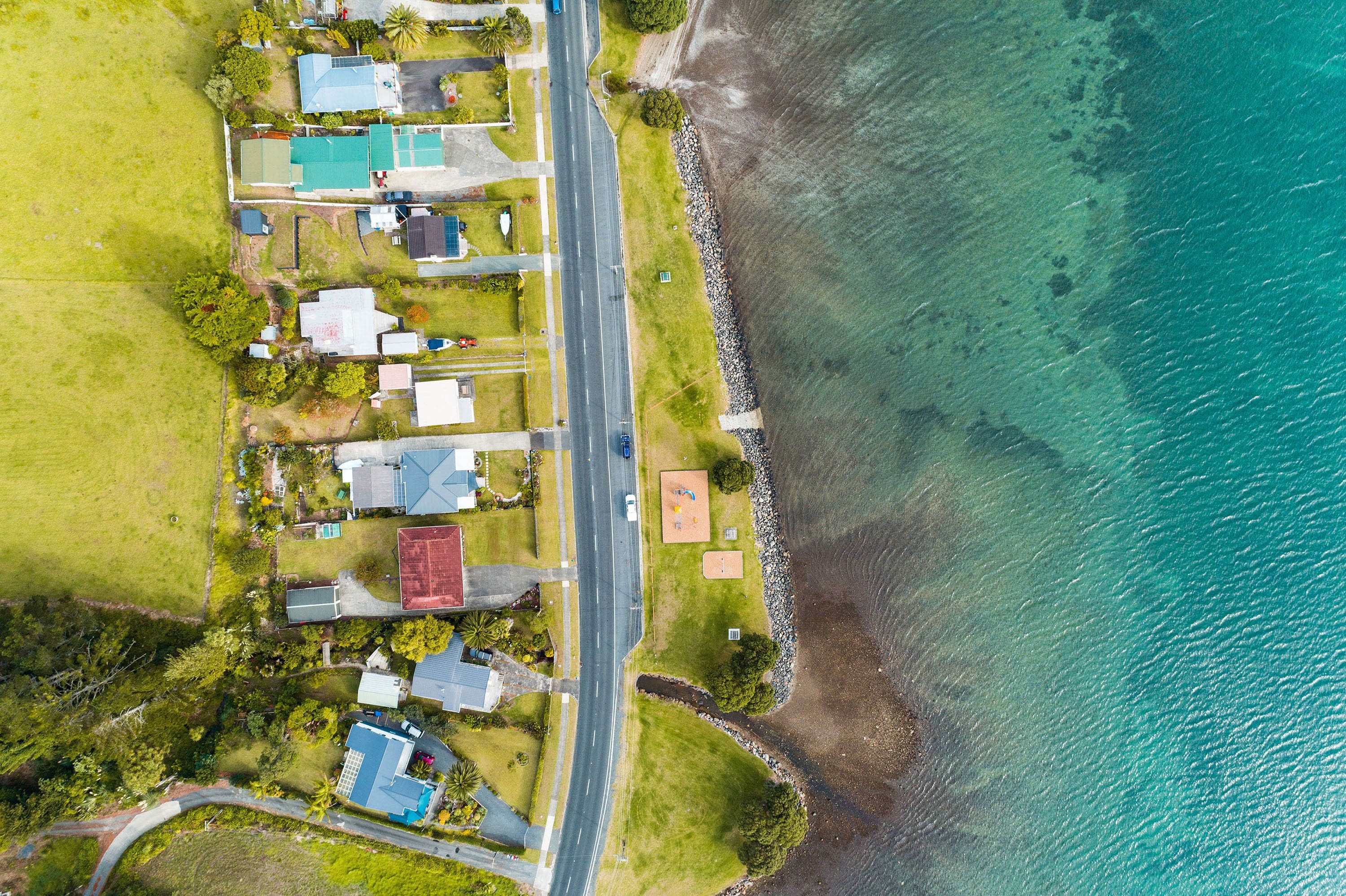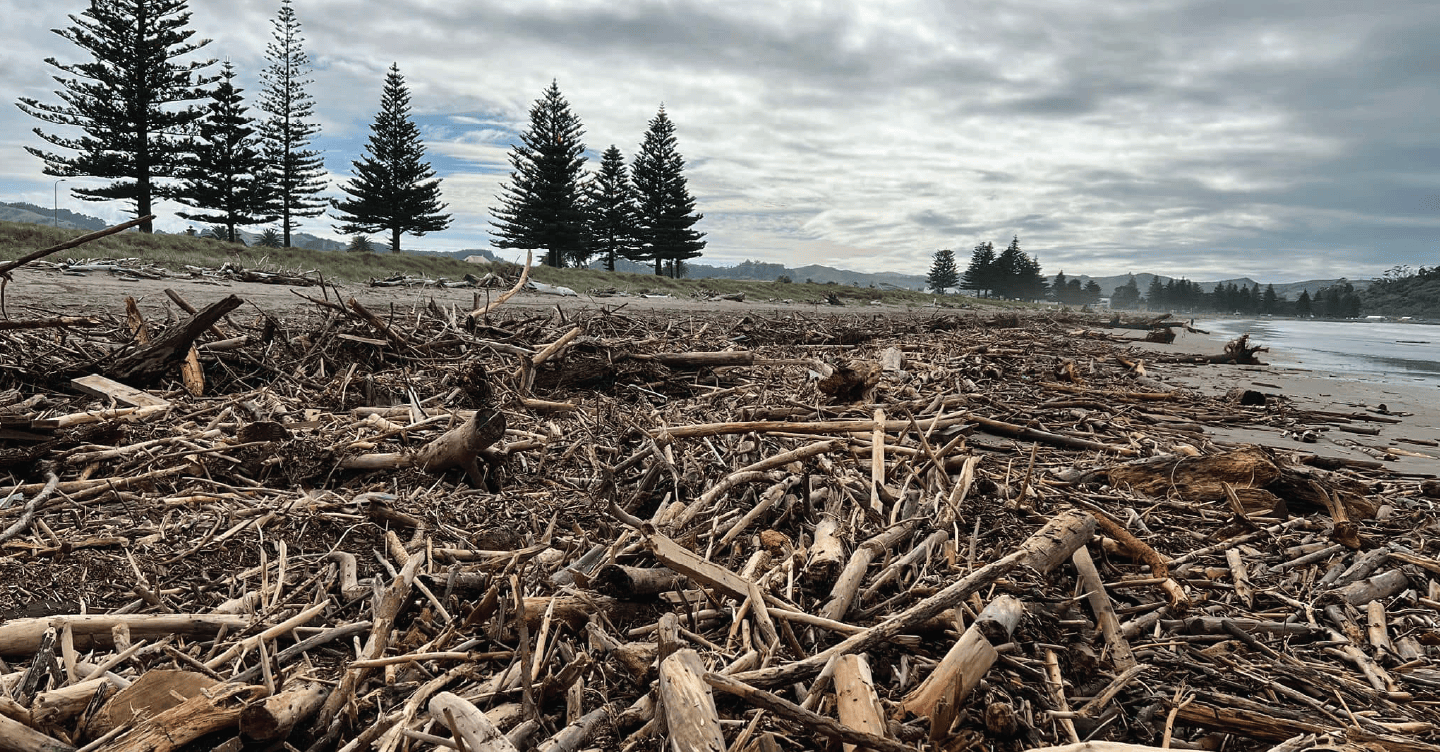In times of flooding and stormy weather, it’s important to know how to keep yourself and your family safe before, during and after floods and storms. If you're a business owner, protecting your stock or tools and ensuring the safety of your employees is important.
If you live or work near a river, heavy rain can pose serious threats – even if the river has substantial banks. Rivers can rise quickly, especially if sourced from nearby valleys, hills and mountains. Storms bring wind – which can be just as dangerous as rain and flooding. High winds can rip trees from the ground and send other debris into houses and buildings.
Driving in wet weather
Even a little bit of rain can make roads slippery - meaning we need to take better precaution while driving.
- Drive with greater following distances (4+ seconds), so you'll have more time and distance to stop or brake if you need to.
- Better yet - do not drive unless absolutely necessary. Just 60cm of fast moving water can carry a car away and half that height can cause damage – even if the water is still.
- If you can, move cars to higher ground or where they can be covered.
- If a car has driven through contaminated or salt water, give it a thorough hose down, paying attention to the undercarriage, wheels and wheel arches.
- Avoid driving through water if possible, it can sometimes be hard to tell how deep it is, even if it looks shallow.
Staying safe before, during and after wild weather
Before
- Listen to your local radio and keep informed of weather patterns. As they say, prevention is better than cure.
- Know where high ground is and how to get to it safely. If floods are threatening, move valuables, cars, livestock and pets, chemicals and electrical items to higher ground or high shelves. Consider placing sand bags around your home or business if need be.
- If authorities advise it, turn off power and gas at the mains.
- Move valuables, appliances and furniture off the floor where possible.
- Have a household or business emergency plan and practice it regularly.
- If high winds are forecast, secure any loose objects outside or move them indoors.
- Have important documents (such as your insurance policies) in case you have to evacuate.
- Fill bathtubs, sinks and clean storage containers with water in case the supply is contaminated.
- Regularly clear debris from drains and gutters.
During
- Keep up to date with developments on your local radio, Metservice or Civil Defence.
- If it is windy, stay away from windows and close the curtains to prevent glass spreading if the window is smashed.
- If conditions are severe, be prepared to leave in a hurry.
- Unplug electrical devices to prevent them from surges.
After
- If water has entered your home or business, have an electrician check the power supply before turning it back on.
- Only go outside when you’re sure it’s safe to.
- Check with your local council website and and NZTA for updates on road conditions.
- Check around thoroughly for damage. Take photos and inform your insurance company and landlord (if applicable).
- Only use tap water when authorities have declared it safe.
- Check on your family and neighbours to see they’re alright.
- If you have any contact with flood water, wash with warm water and anti-bacterial soap.
- Keep children and pets away from affected areas.
- If anyone is injured or becomes unwell, seek medical attention straight away.
- If your business is unable to operate, business interruption cover can help cover your expenses to keep your business running during this time.
We hope you and your family remain safe during this wild weather. If you need to contact us, give us a call on 0800 100 200, or chat to us on Facebook.


